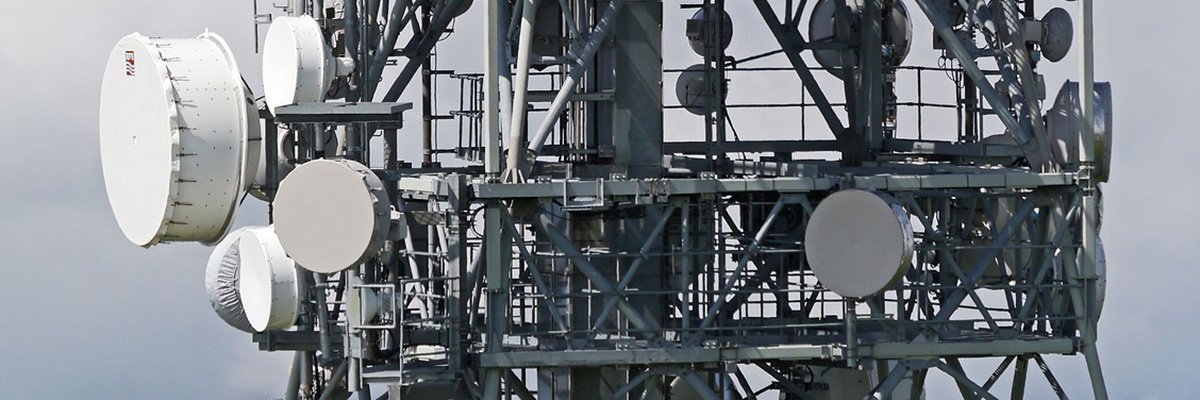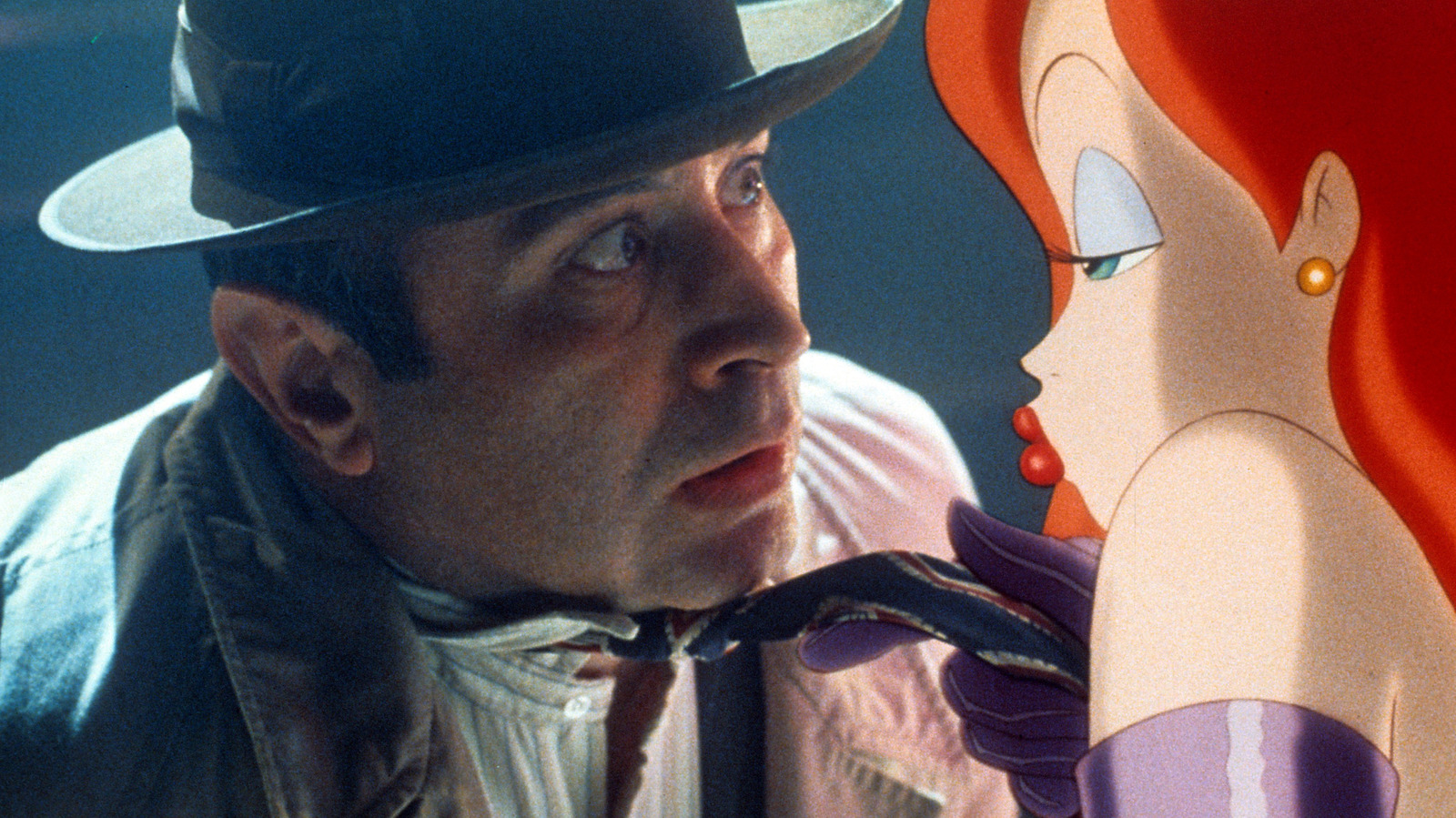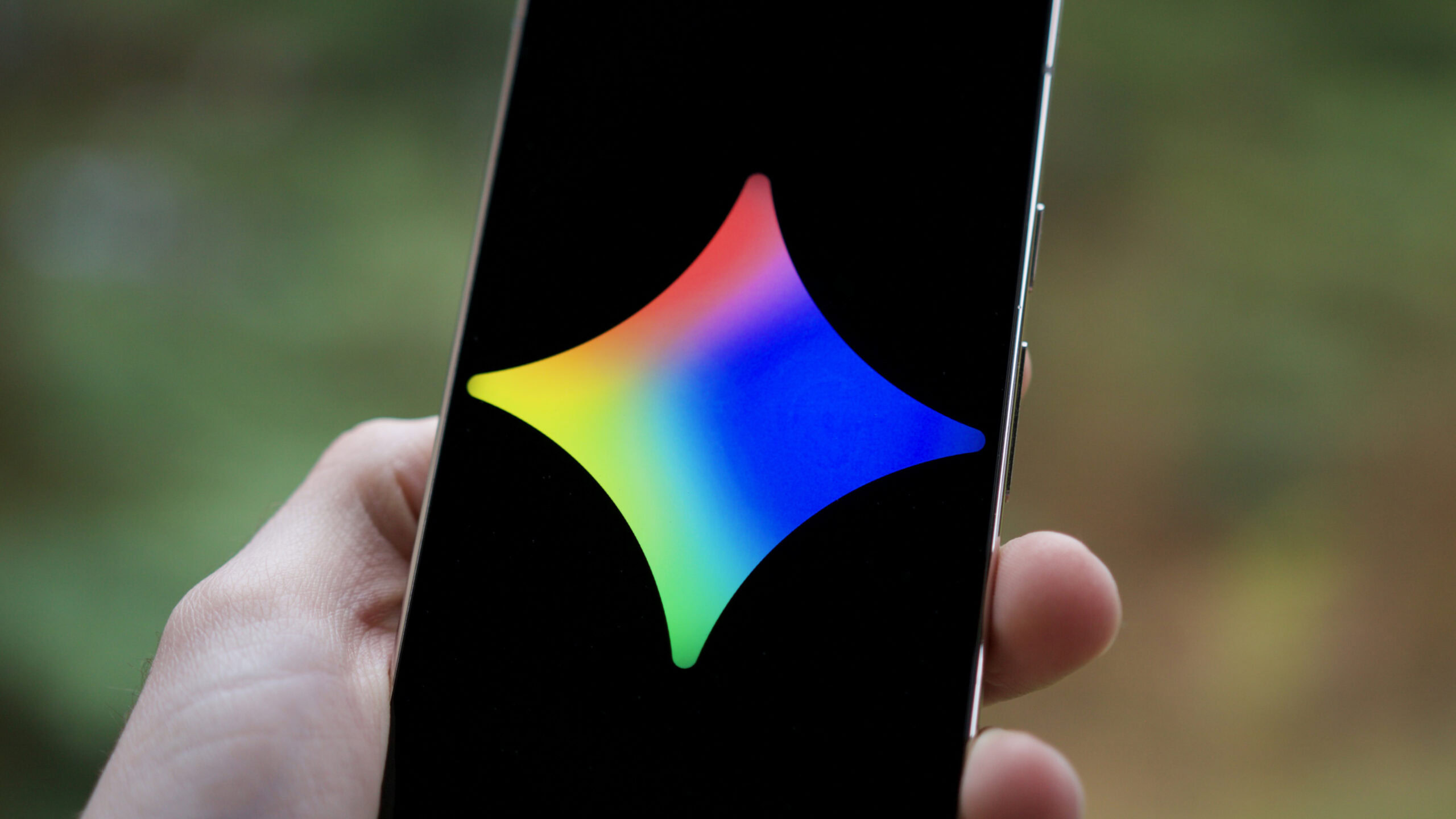What if everything we see, feel and experience is not real? It is one of the most fascinating ideas in science fiction and modern philosophy, in which it is proposed that everything around us is an authentic computer simulation of some higher civilization, as if we were literally sims. And such is its magnitude, that science has had to come out to deny this idea.
The problem. The ‘simulation hypothesis’ has gone from a simple movie premise to a serious debate in technological and physics circles. The argument is usually statistical: if a civilization can create one simulation of reality, it will probably create many. These simulations could in turn generate their own and in this infinite ‘stack’ of realities, the probabilities of our universe being original are almost zero.
And although this has been a very restrained topic among philosophers, science has also wanted to fully enter into research to respond to a problem within fundamental physics and pure mathematics. And the answer is quite clear: we are not in a simulation.
The study. An international team of physicists, including Dr. Mir Faizal of the University of British Columbia (UBC) and renowned physicist Dr. Lawrence M. Krauss, has mathematically proven that the universe cannot be a computer simulation.
Their findings, published in the Journal of Holography Applications in Physicsnot only disprove the idea, but reveal something much deeper about the nature of reality: the universe is based on a type of “understanding” that exists beyond the reach of any algorithm.
The reality. To understand this test, we must first understand what ‘reality’ is. Modern physics no longer sees the universe as tangible ‘matter’ moving in empty space, but thanks to Einstein, space and time were merged to now demonstrate that the microscopic world is probabilistic.
The most widely accepted theory today focuses on quantum gravity, which suggests that space and time are fundamental. They are “emergent”: they spring from something deeper, something more like pure information.
In this way, physicists assume that a “Theory of Everything” (ToE) that unifies gravity and quantum physics would, in essence, be a large axiomatic system: a set of meaningful rules and algorithmic calculations from which the entire universe, including spacetime itself, could be “computed” and generated.
Incompleteness Theorems. In 1931, logician Kurt Gödel demonstrated something that blew up the foundations of mathematics: any formal system (such as a computer program or a set of physical laws) that is complex enough to include basic arithmetic will be incomplete or inconsistent.
By ‘incomplete’ we mean that there will be true statements within the systems themselves that will never be able to be demonstrated following their own rules. It’s like the famous paradox that says “this statement is true, but it cannot be proven.”
Faizal’s team argues that any purely algorithmic ToE would suffer from this limitation. There would always be “Gödelian truths” about the physics of the universe (perhaps about specific black hole microstates or the nature of the singularity) that such a computational system could not test.
Two layers. If the algorithmic universe is “incomplete”, how does our reality seem to work? Researchers propose that reality is not solo the algorithm. This is what allows the universe to “know” that these Gödel truths are true, even though the algorithm alone cannot prove them. It is a fundamental layer of reality that transcends simple computing.
The final test. With all the pieces on the table, the refutation of the simulation hypothesis becomes clear and elegant. The first of all is that every simulation is logarithmic, that is, a computer executes a problem following very specific rules that leave no room for doubt. In this way, we come face to face with our theories that are not ‘perfect’ in their demonstrations.

But they don’t stop there, since scientists have pointed out that an algorithm can only simulate the algorithmic part, meaning that a computer could only, in the best of cases, emulate the computational and incomplete part of our universe.
And the most important thing without a doubt is that our universe is more than an algorithm, since as Gödel’s theorems demonstrate, complete physical reality must include a non-algorithmic layer to be consistent and complete.
Images | Compare Fiber
In WorldOfSoftware | Exactly 100 years ago we began to understand how the world works. Quantum physics has radically changed our lives












